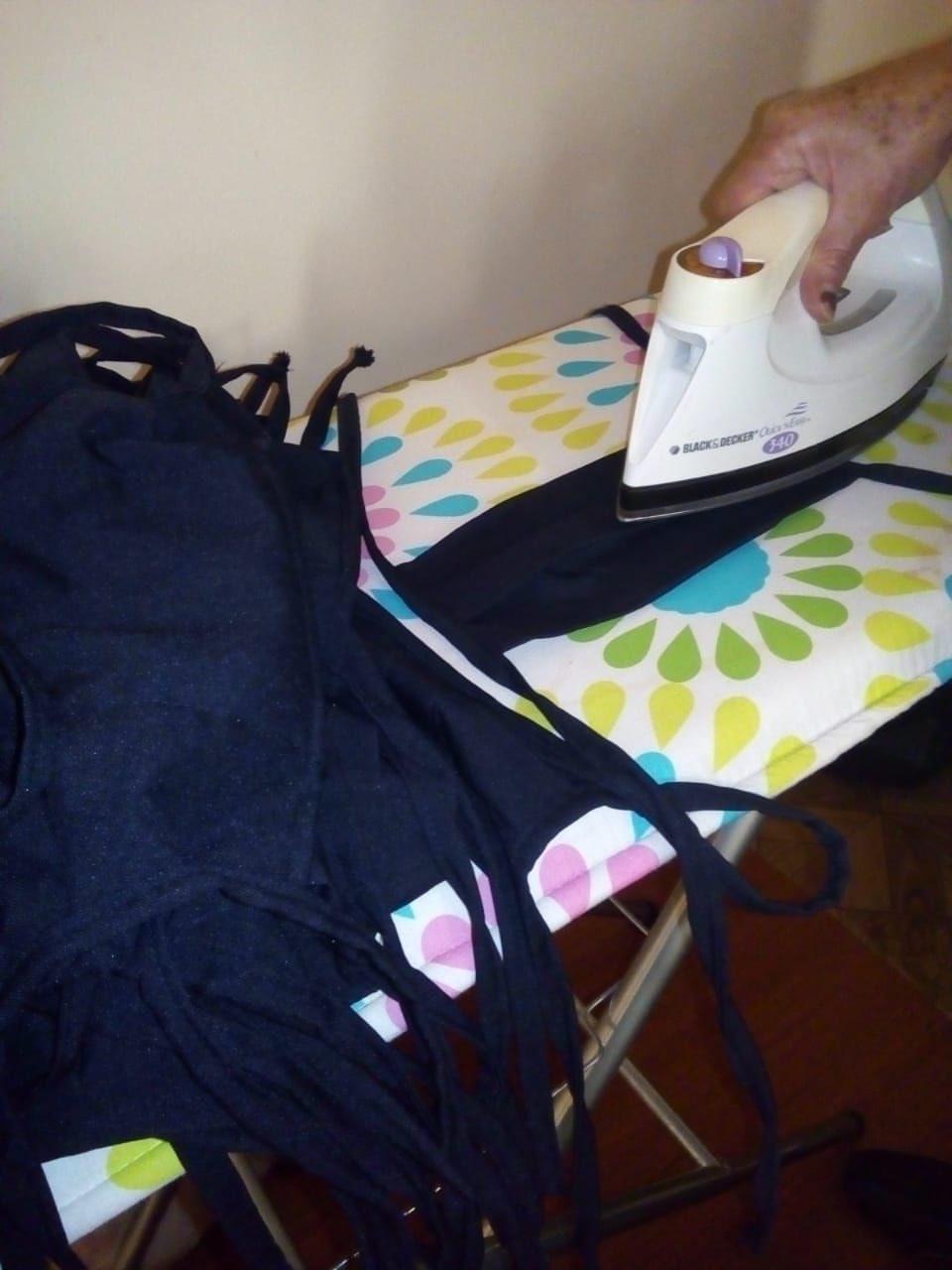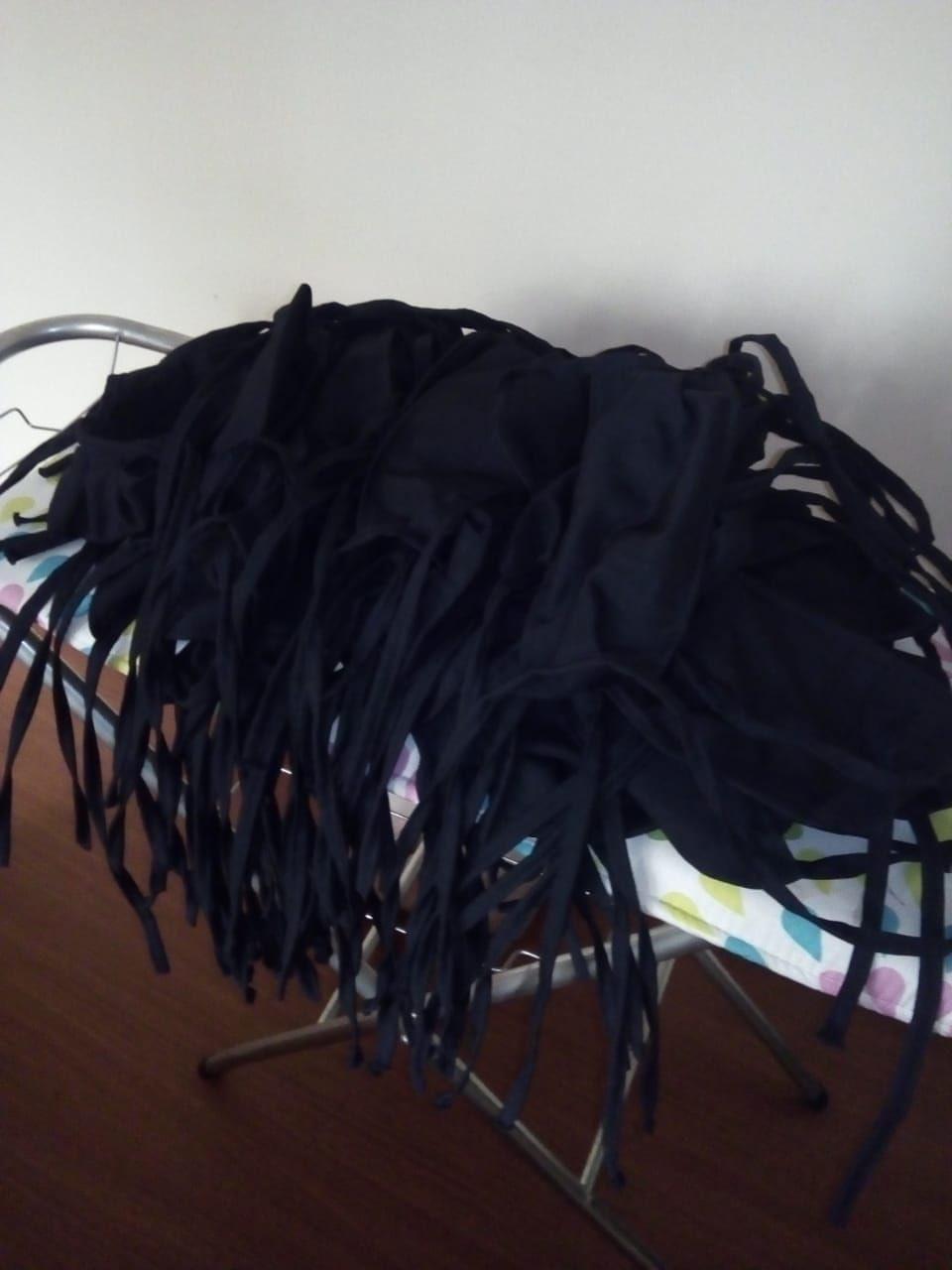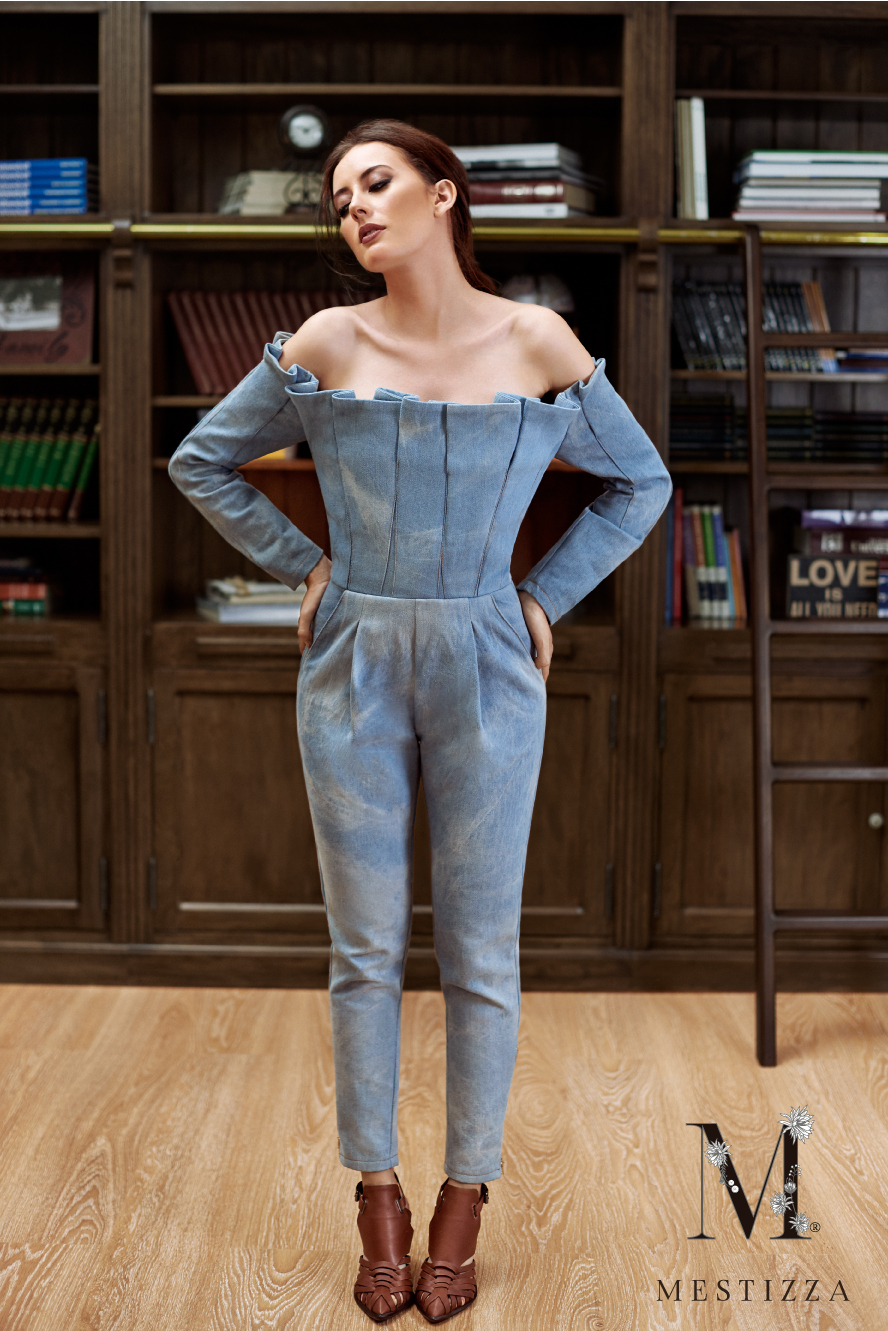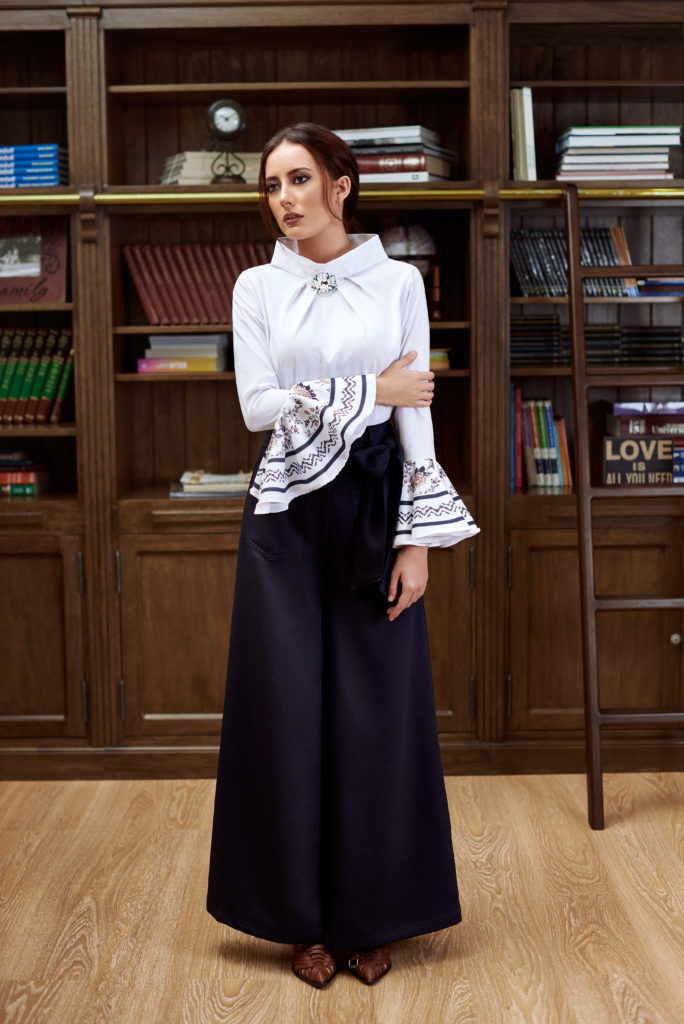Solidarity this time brings us to Ambato in Ecuador. This is where the project “Happiness at Home” by Mestizza was born from the hand of its founder Paola Molina. A local project that seeks to provide masks to the communities where the company’s artisan collaborators are. The masks of solidarity are born in consideration of the fact that they are an essential product and which is currently lacking. In an interview with the founder of this brand we will know more about this project.
Hi Paola, first of all thank you for taking the time to respond to this interview and tell us about your rot and the Happiness at Home initiative, the solidarity masks.
- Could you tell us a little bit about your brand Mestizza?
Mestizza was born as a social response to the growth of the fashion culture in Ecuador. I realized that the Ecuadorian woman needed to strengthen her identity, so I decided to create this beautiful brand that gives more base to our culture and defines us for who the Ecuadorian, Latin American, mestizo woman really is.
The name of MESTIZZA is dedicated to an Ecuadorian heroine Ana de Peralta, who was the first woman in the country to make a feminist movement and declare herself opposed to the real Spanish ID of 1752; that he forbade dressing the mestizos as indigenous because he was indecent and he could not even dress like the Spaniards because it was seen as an abuse.
We are in the market for 3 years and it has been very gratifying to see the response we have had, however I have to say that it has not been rapid growth, but rather slow but definitely where we go hand in hand with customers who feel identified with the brand.
- Where Mestizza is produced?
Like our inspiration Ana de Peralta, Mestizza was born in Ambato
- Could you tell us a little about the consequences this pandemic is causing in the brand?
Well, I have to say that the first thing we thought about was collective security. We do not hesitate for a moment to stay in production. Yes, we have decided to close the installations. But there was the opportunity to organize ourselves by sending work to the homes of our artisans. They don’t have industrial sewing machines, so we decided to work in the prototype and the work continues inside and we do what we can. Over time we will act according to the situation.
As entrepreneurs, design is hard work and we are always subject to unforeseen events. It’s not new in my job to have to shoot, we have to be nimble creative in every way and reinvent ourselves.
- How did the idea of solidarity masks come about? Where do the artisans who collaborate with Mestizza who see themselves benefited from this initiative live?
The first idea was to work alone in my house with the leftover fabric in medical suits. Later, talking to the staff, they explained that everything was useful. Thank God it was something that was on the mind of other people as well, wonderful people who got the right fabric and started producing for free in a special way for the medical team in Ambato. So let’s say that I saw that this square was quite covered. However, my head kept thinking about how to help and this is where the idea of masks was born without putting my staff at risk and making them feel useful and productive. This is how this small Happiness at Home by Mestizza project was born.
I confess to being a person who likes to do a little bit of everything for the brand and the first few days I was confused about how to react especially in social media. I didn’t want to be so frivolous as to keep selling as if nothing had happened. So, I investigated and thought about what I should have done. Even late, but the answer has come and in reality the answer is simple. Helping.
Everything we do helps. Whether it’s working for the community in some way or providing some fun information to our followers. You have to put yourself in others’ shoes and help.
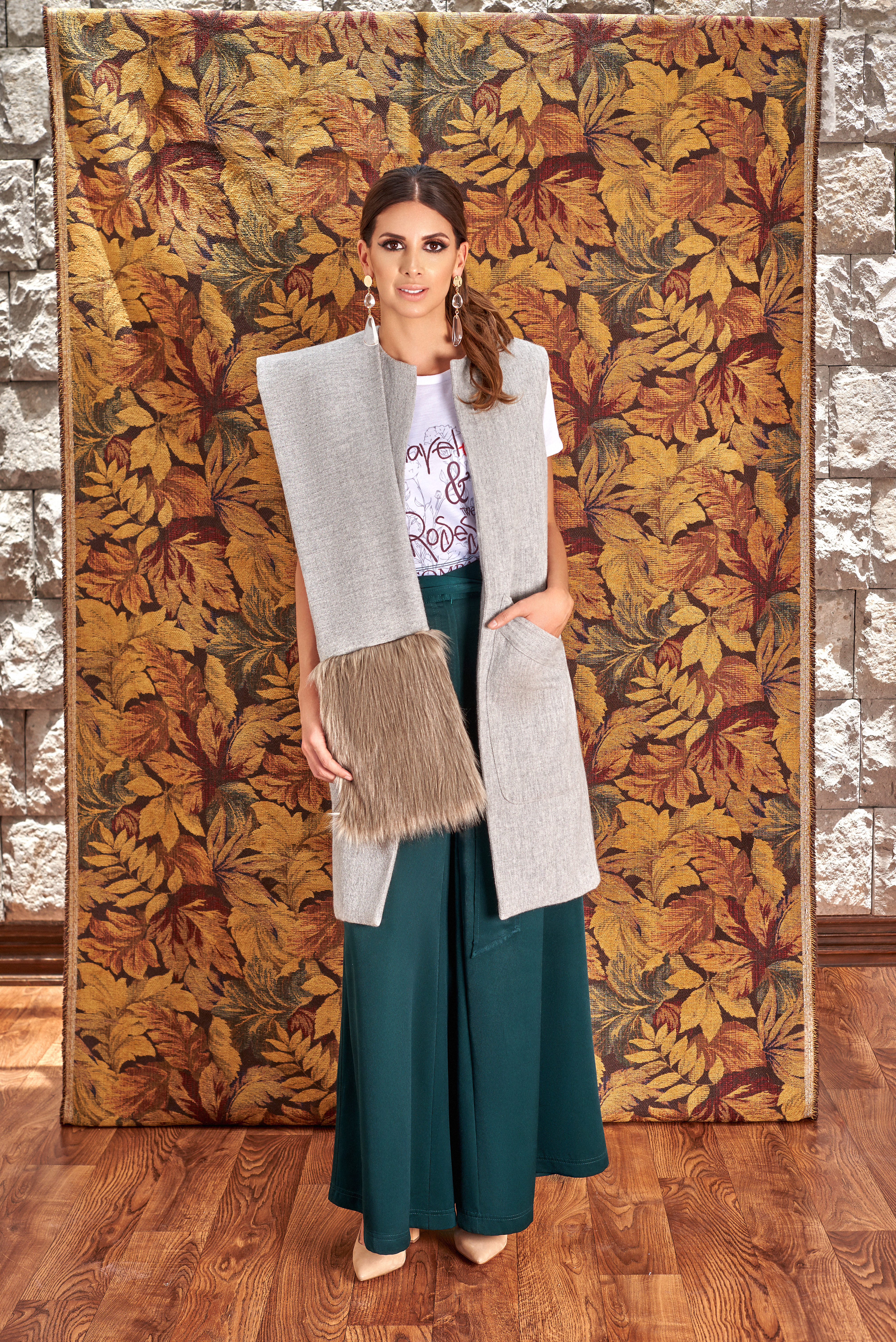
- In particular which community benefits from this project?
Basically to the quarters of my artisans. Since they work at home, when they go out to buy bread they leave the masks in the small neighborhood market. I don’t want to expose them unnecessarily at any time. In their watsapp messages they announce to their neighborhood or the citadel that they can go and get the masks for free in the neighborhood market.
- How long will the distribution of these masks take?
Until we manage to get the materials, the masks we are making are not made of cotton fabric, but are equipped with a waterproof inner fabric to really avoid contagion. Logistics is the most difficult because I take advantage when my husband leaves home to distribute the masks.
- How can people in the community get one of these masks?
They simply have to approach the neighborhood shop when my artisans make the announcement through watsapp.
- A message that you wish to leave to our readers.
Joining, perhaps not with this project, but with something that helps. This is a time of empathy and solidarity. I hope it can inspire someone out there. Everything helps. I’m just doing a tutorial where we could even launder sheets or clothes and if you know how to sew, today is the time to lend a hand and think about what our help can avoid.




